How to Make Chicken Food for Your Flock: 5 Easy Recipes!
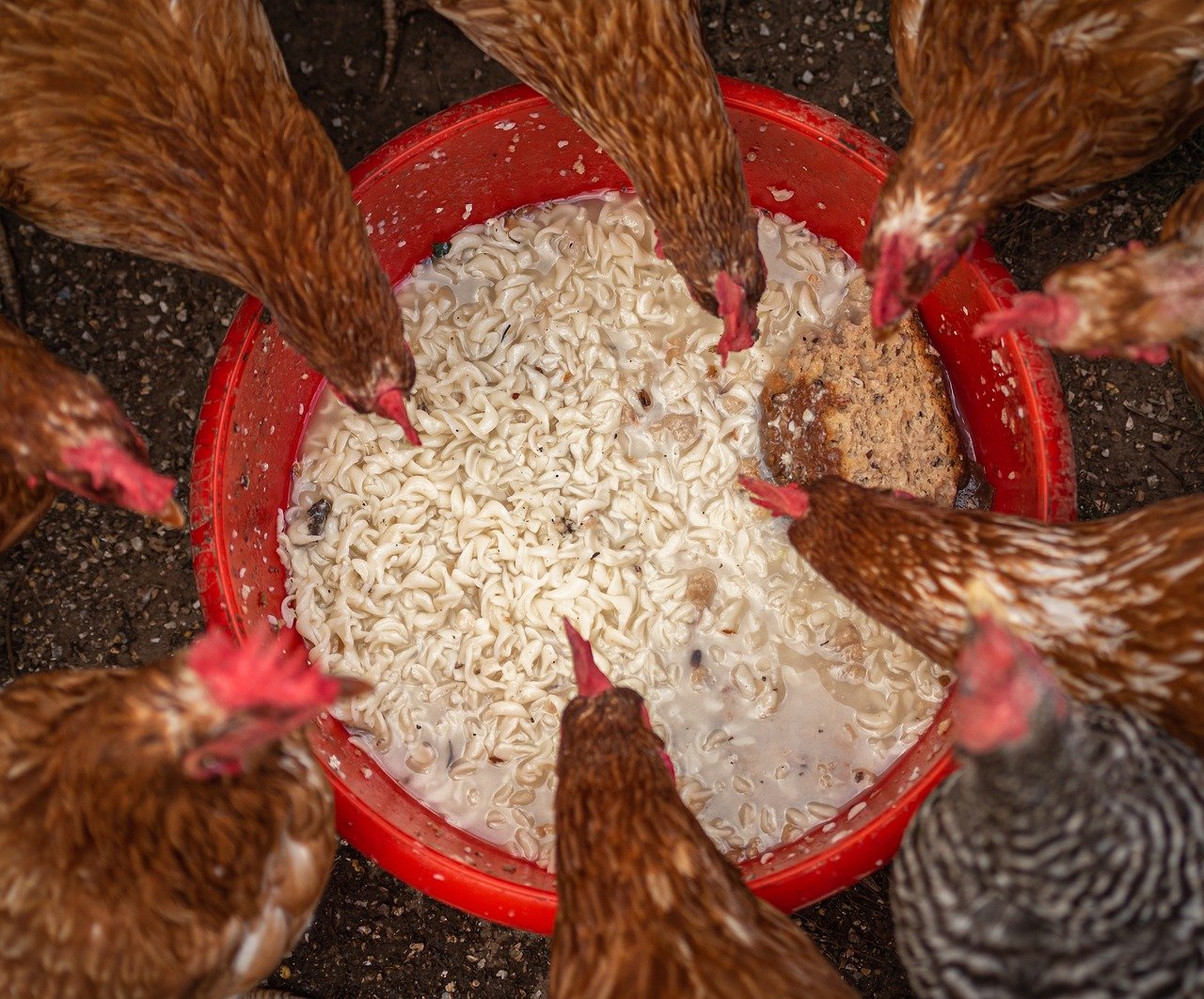
How to Make Chicken Food?
Homemade chicken food is the best quality chicken food for our flock. it is essential to provide proper nutrition to our chickens to get a healthy long life.
For your chickens’ general health and production, you must feed them nutritious, well-balanced food.
While commercial chicken feed is readily available, many poultry owners prefer to create homemade chicken food to provide their flock with personalized diet Ingredients.
Why Homemade Chicken Feed?
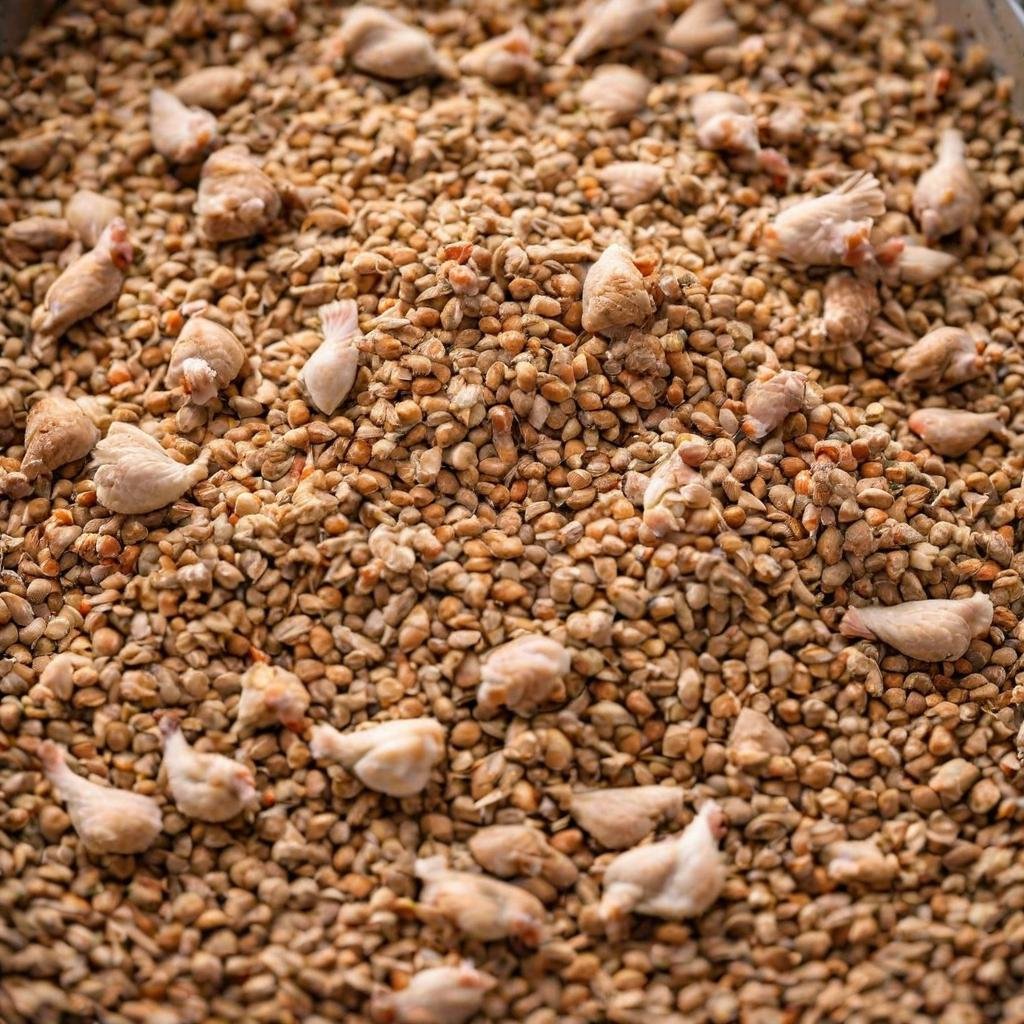
There are a lot of benefits to producing chicken feed at home that you and your flock can enjoy. Let’s delve into why homemade chicken food is the preferred choice for many poultry owners:
Discussing the Benefits:
This means you can select high-quality, organic ingredients that are free from additives, preservatives, and harmful chemicals.
Healthier Option: When you prepare chicken food at home, you have complete control over the ingredients you use.
Better health and well-being for your flock are encouraged by homemade chicken food, which removes artificial ingredients and the risk of poisons.
Fresher Ingredients: The freshness of the ingredients is one of the main benefits of handmade chicken dishes.
In place of store-bought products, which might be kept on shelves for long periods.
Handmade cuisine is made with ingredients that are collected locally and freshly.
The vital vitamins, minerals, and proteins that your hens require for healthy growth and development are guaranteed to be provided since fresh foods hold onto their nutrients longer.
cost-effective: Making chicken food at home can be cost-effective. Initially, you’ll invest in ingredients and equipment, but in the long term, it’s cheaper. Buy bulk ingredients and use kitchen scraps to save money.
Homemade chicken food allows customization. Adjust protein levels or add greens for vitamins to suit your flock’s needs.
Emphasizing Satisfaction: Crafting homemade chicken food isn’t just about providing nourishment; it’s also a deeply satisfying experience for poultry owners.
It makes you feel good to know that you’re providing your flock with well-cooked, nutritious meals that you made.
Seeing your chickens happily peck at the food you’ve carefully prepared and knowing that you’re boosting their health and happiness brings a special kind of joy.
Click here to see “5 Best Chicken Feeders in the Online Market in 2024 Models.”
Essential Ingredients
When formulating homemade chicken food, it’s essential to include a variety of ingredients to meet your flock’s nutritional requirements. Here are some important factors to consider:
Grains and Seeds: Grains such as corn, wheat, barley, and oats are excellent sources of carbohydrates and energy for chickens.
- Protein Sources: Protein is essential for muscle development, egg production, and overall health in chickens. Incorporate protein-rich ingredients such as soybean meal, fish meal, or dried insects to ensure your flock receives this vital nutrient.
- Vegetables: Fresh vegetables not only provide essential vitamins and minerals but also add flavor and variety to your chickens’ diet. We should include vegetables like leafy greens, carrots, broccoli, and squash to improve the optimal health of our flock
- Supplements: Depending on your flock’s specific needs, you may supplement their diet with additional nutrients such as calcium, vitamins, and minerals. Calcium sources like crushed eggshells or oyster shells can help support strong eggshell formation, while poultry-specific vitamin and mineral supplements can fill any nutritional gaps in their diet.
Click here to see “5 Best Chicken Waterers in the Online Market in 2024 Models.”
Recipe 1: Basic Chicken Feed
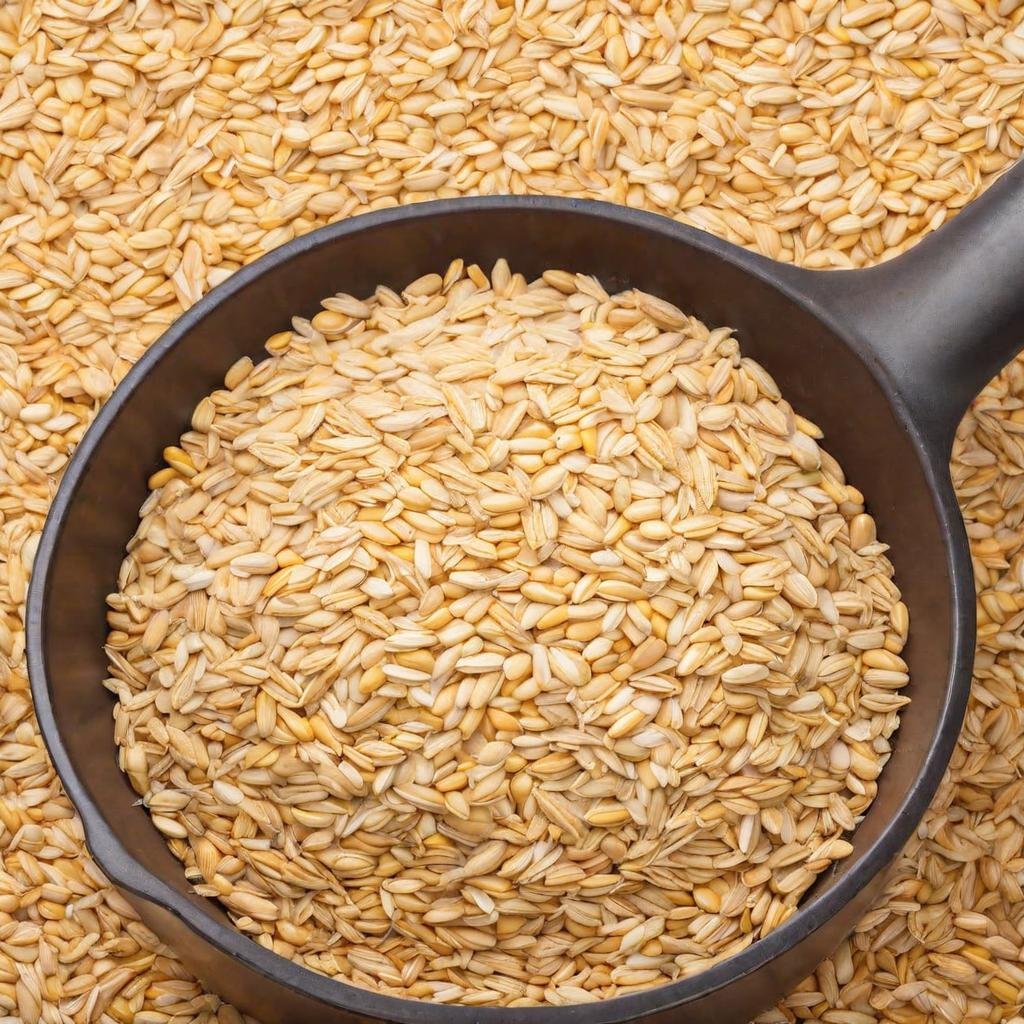
Start by creating a basic chicken feed blend using a combination of grains and seeds. Mix equal parts of corn, wheat, barley, and oats to form the base of your feed mixture. You can adjust the dietary requirements and preferences of your flocks.
To prepare the feed, simply combine the grains and seeds in a clean bucket or container and mix thoroughly. Store the feed in a cool, dry place to maintain freshness and prevent spoilage. Offer the feed to your chickens in a clean feeder, and monitor their consumption to ensure they’re receiving enough food each day.
Recipe 2: Garden Greens Mix
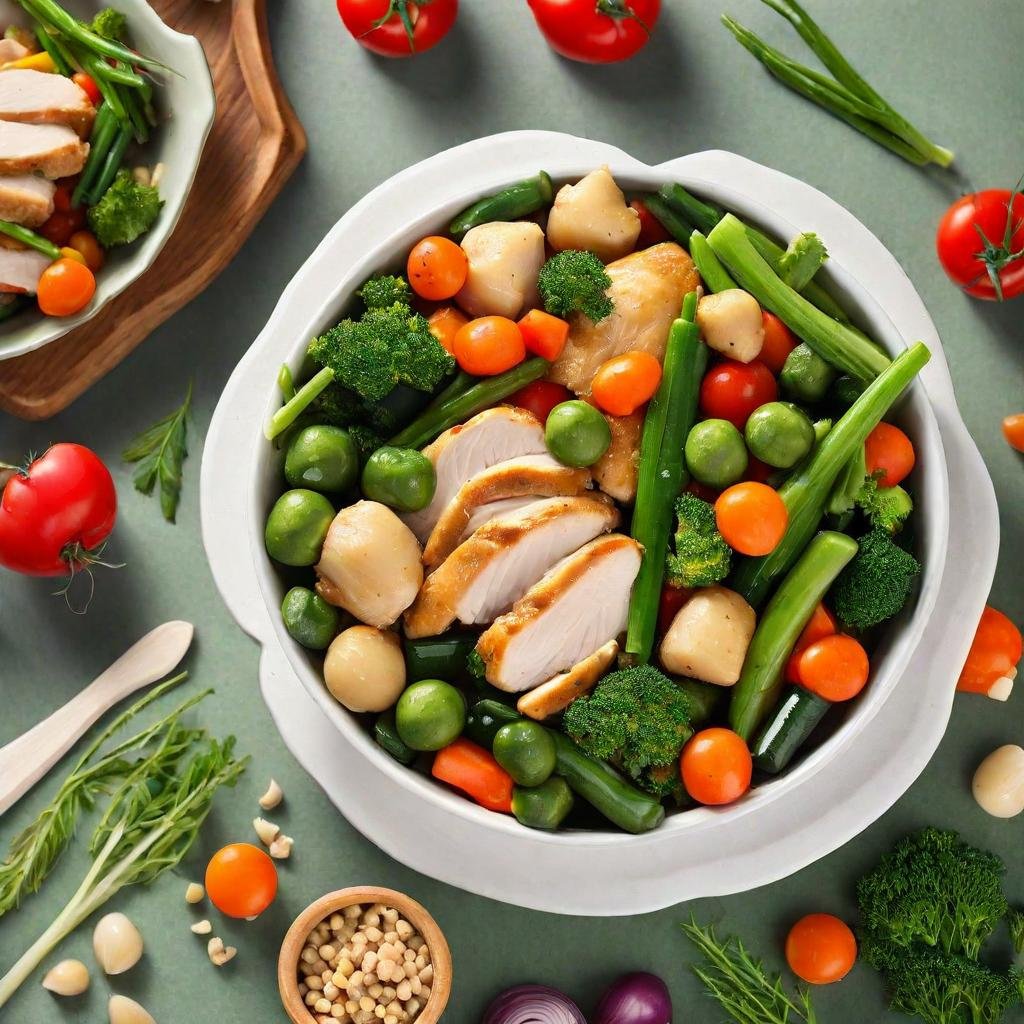
In addition to grains and seeds, fresh greens from your garden can provide essential vitamins and minerals for your flock.
Create a green garden with various leafy greens, herbs, and vegetables like kale, spinach, parsley, and lettuce.
Wash the greens thoroughly to remove any dirt or debris, and chop them into bite-sized pieces. Offer the greens to your chickens in a separate feeder or scatter them around their enclosure to encourage natural foraging behavior.
Recipe 3: Protein-Packed Treats
To supplement your chickens’ diet with additional protein, consider making protein-packed treats using ingredients such as mealworms, cooked eggs, or yogurt.
To create protein-packed treats, simply mix the ingredients in a bowl and portion them out into small servings. Offer the treats to your chickens as a supplement to their regular feed, and observe their enjoyment as they indulge in these nutritious snacks.
Recipe 4: Fruity Fun Feed
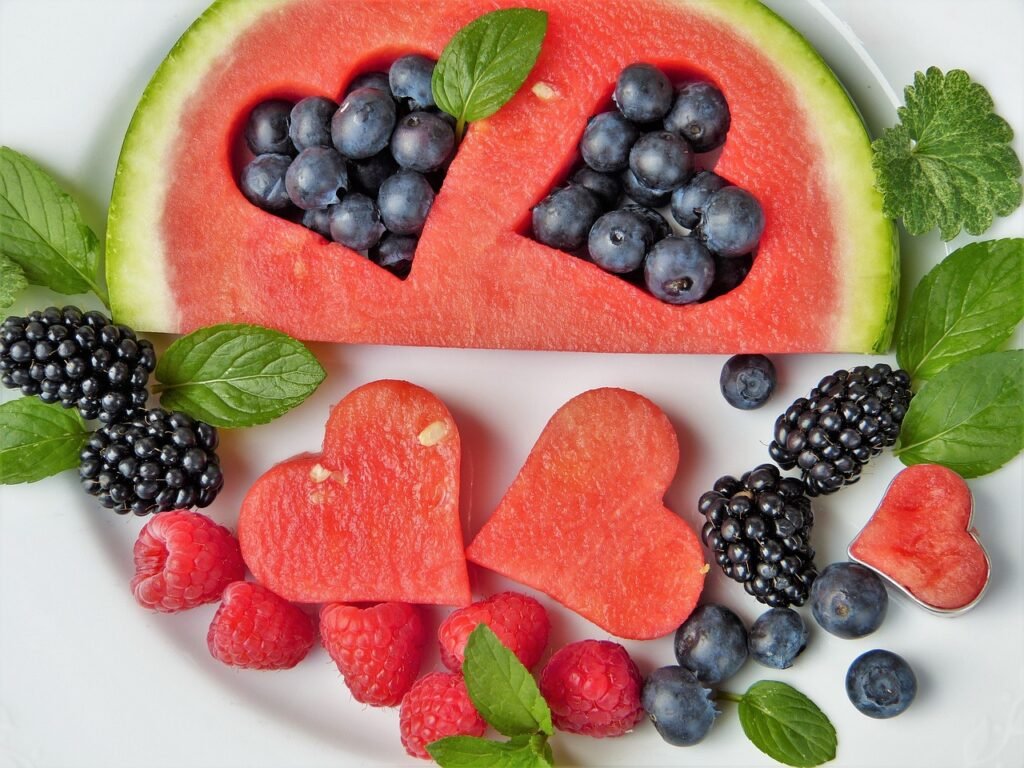
Introducing fruits into your chickens’ diet can add variety and flavor while providing essential vitamins and antioxidants.
Choose a selection of fresh or dried fruits such as apples, berries, bananas, and oranges to create a fruity fun feed for your flock.
To prepare the feed, simply chop the fruits into small pieces and mix them in a bowl. Offer the fruity feed to your chickens as a special treat or mix it into their regular feed to add a burst of flavor and nutrition.
Recipe 5: Nutty Delight Mix
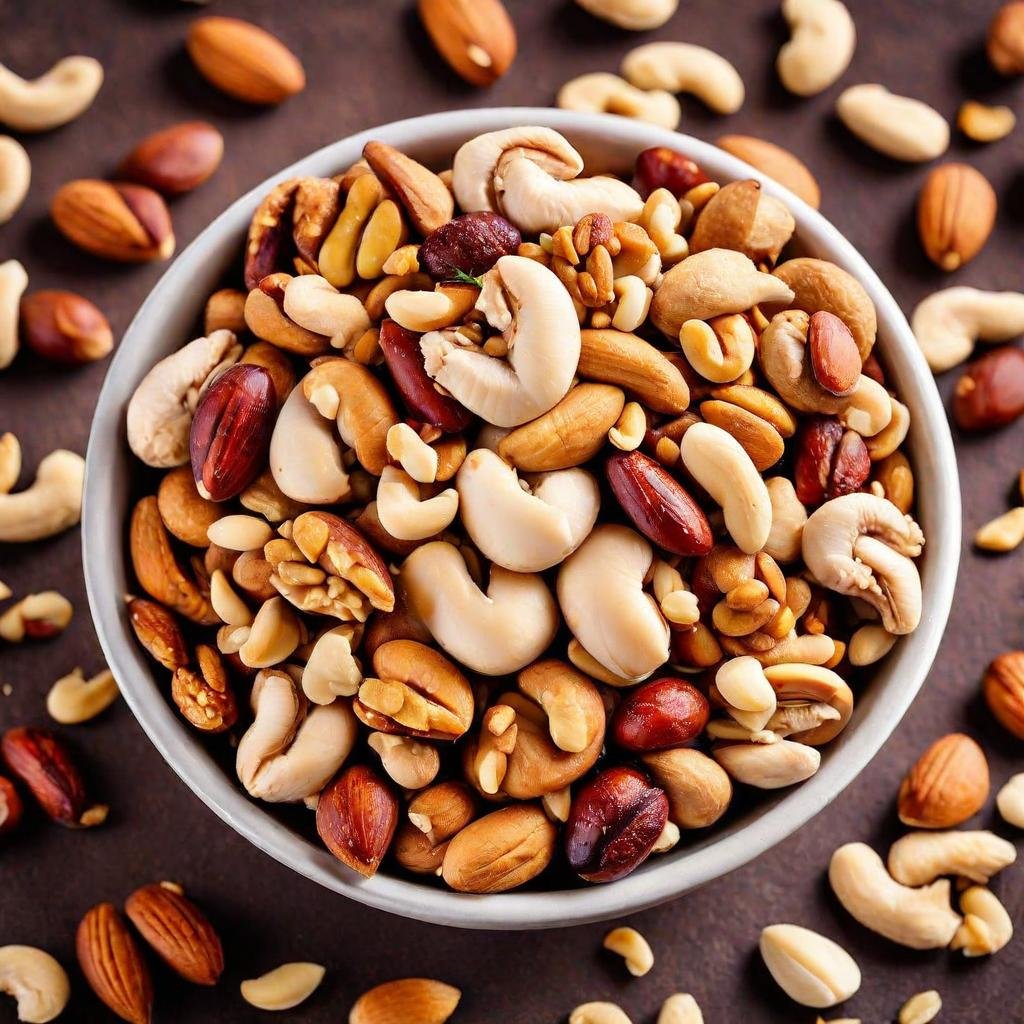
Nuts and seeds are rich sources of healthy fats, protein, and essential nutrients for chickens. To make Nutty Delight mix combine a variety of nuts and seeds like sunflower seeds, peanuts, almonds, and pumping seeds.
To prepare the mixture, put the nuts and seeds in a bowl and toss to distribute them equally.
Offer the nutty delight mix to your chickens as a nutritious snack or scatter it around their enclosure to encourage natural foraging behavior.
Click here to see “5 Best small chicken coops in the Online Market in 2024 Models.”
Pros and Cons of Using Ready-Made Chicken Food vs. Homemade Chicken Food.
Ready-Made Chicken Food:
Pros:
- Convenience: Ready-made chicken food is convenient and readily available at pet stores or farm supply shops. Busy chicken owners can save time and effort by using it.
- Balanced Nutrition: Commercial chicken feeds are formulated to provide balanced nutrition for chickens at different stages of growth and production.
- Consistency: With commercial feeds, you can expect consistency in quality and nutritional content. this can be useful to guarantee a consistent diet for your flock all year round.
- Specialized Formulas: Some ready-made chicken foods are tailored to specific dietary needs, such as medicated feeds for preventing or treating certain illnesses or supplements for enhancing egg production.
Cons:
- Artificial Ingredients: Many commercial chicken feeds contain additives, preservatives, and artificial colors or flavors that may not be ideal for optimal chicken health.
- Limited Control: When using ready-made chicken food, poultry owners have limited control over the ingredients and quality of the feed. This lack of control may not align with the preferences or values of those who prioritize natural or organic diets for their flock.
- Cost: While convenient, ready-made chicken food can be more expensive than homemade alternatives, especially for large flocks or those on a tight budget. Over time, the cost of purchasing commercial feeds can add up significantly.
Homemade Chicken Food:
Pros:
- Control Over Ingredients: Homemade chicken food offers complete control over the ingredients used. It allows poultry owners to tailor recipes to meet their flock’s specific dietary needs and preferences.
- Freshness: Homemade chicken food is often made with fresh, locally sourced ingredients. It provides superior nutrition compared to processed commercial feeds. Fresh ingredients retain more nutrients, overall health, and egg quality in chickens.
- Cost-Effectiveness: While there may be an initial investment in sourcing ingredients and equipment, homemade chicken food can be more cost-effective in the long run, especially for those with access to homegrown produce or bulk purchasing options.
- Satisfaction: Crafting homemade chicken food can be a rewarding experience for poultry owners, instilling a sense of pride and satisfaction in knowing that they’re providing their flock with wholesome, nutritious meals made with love and care.
Cons:
- Time and Effort: Making homemade chicken food requires time, effort, and knowledge of poultry nutrition.In order to preserve freshness and nutritional content, it involves finding ingredients, creating recipes, and making sure that proper storage is done.
- Risk of Imbalance: Without careful planning and attention to nutritional requirements, homemade chicken food runs the risk of being imbalanced or lacking in essential nutrients. This could potentially lead to health problems or deficiencies in the flock if not formulated correctly.
- Storage and Shelf Life: Homemade chicken food may have a shorter shelf life compared to commercial feeds. Especially if not stored properly. Owners of poultry must take care to keep feed fresh and safe for consumption and to stop it from spoiling.
- In conclusion, there are pros and cons to both homemade and premade chicken dishes. poultry owners should carefully consider these criteria and select the solution that best fits the requirements, nutritional preferences, and general well-being of their flock.
Additional Tips
- Storage Tips: Store homemade chicken food in airtight containers in a cool, dry place to maintain freshness and prevent spoilage. Avoid storing food near chemicals or other contaminants that could compromise its quality.
- Feeding Frequency: Offer homemade chicken food to your flock once or twice a day, depending on their dietary needs and preferences. Monitor their consumption and adjust the amount of food accordingly to prevent overeating or wastage.
- Dietary Variety: To ensure a balanced diet, rotate the types of homemade chicken food you offer to your flock regularly.
In Summary
you will have a deepening relationship with your flocks By providing them with a range of homemade foods and recipes to enhance their health
FAQs
Several raw materials can be used to manufacture chicken feed pellets, including barley, wheat, corn, peas, and oats, alfalfa pellets for the grind/whole component, and cultured yeast, fish meal, kelp, flax seed, crab meal, salt, and aragonite for the premix.
Watermelon, strawberries, and blueberries are healthful treats for hens when consumed in moderation. A few flock favorites are:
Vegetables include lettuce, beets, broccoli, carrots, kale, Swiss chard, squash, pumpkins, and cucumbers.
Lavender, mint, oregano, parsley, thyme, and basil are examples of herbs.
Here’s all you need: – Any kind of rice & dried breadcrumbs.
Salad, nettle, spinach, and any appetizing green leaf. 1- egg
Preparation:
1. Cook the egg in boiling water for 10 minutes until hard-boiled.
2- While the egg cooks, pound the breadcrumbs using a blender. Continue crushing until you have the appropriate-sized crumbs for the age and size of the baby chick.
3- Cut the green leaves into small pieces with a knife.
4- Rinse the hard-boiled egg under cold water to chill it down, peel off the shell (which you may crush to feed the older chickens), and crush them whole with a fork into very small pieces.
5- Combine the breadcrumbs with the eggs; if the mash is too mushy, add additional bread. Then add the greens.
6- Mix thoroughly until you get something that is neither too dry nor too soggy; baby chicks will show you how they like it best!
